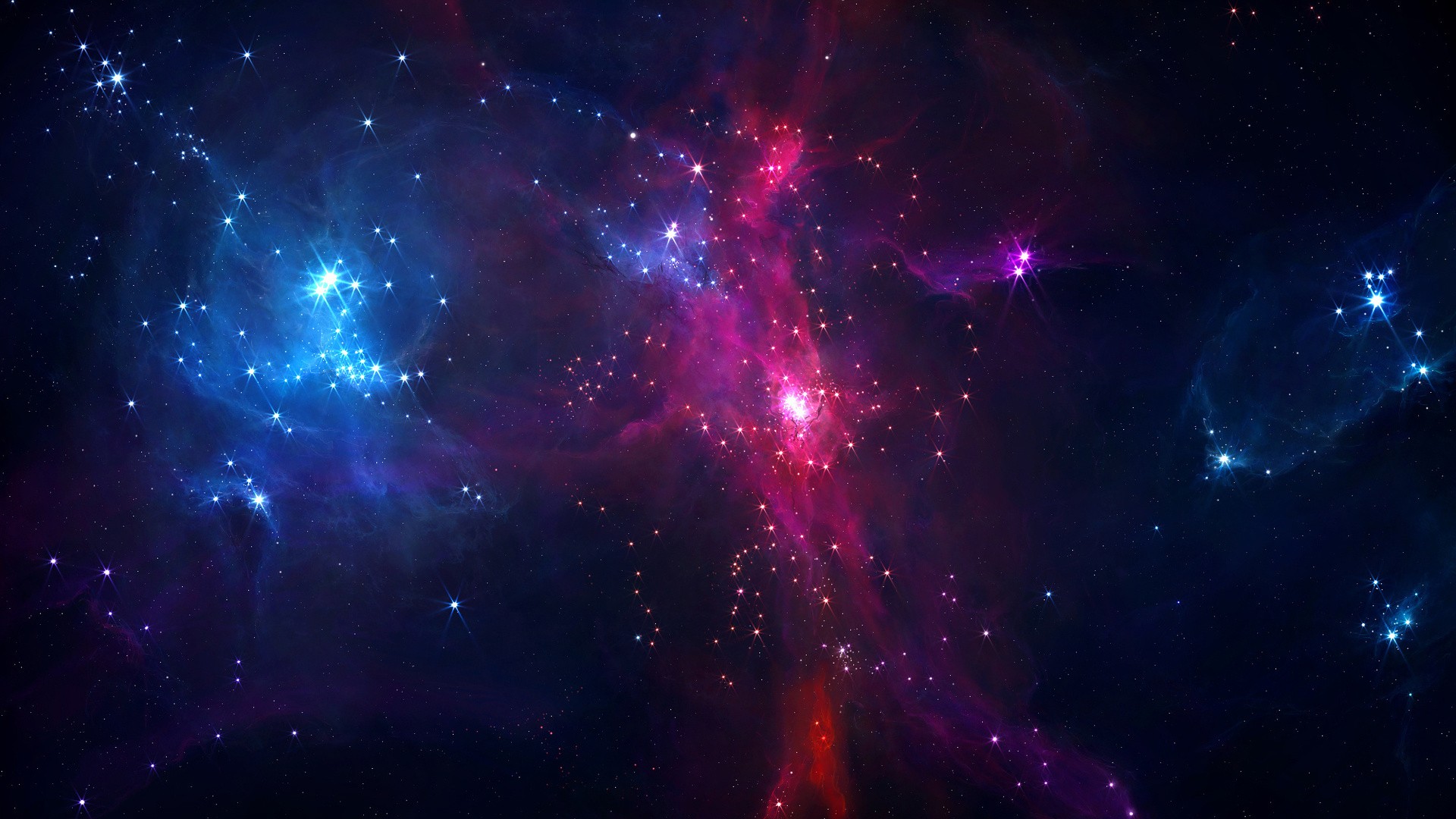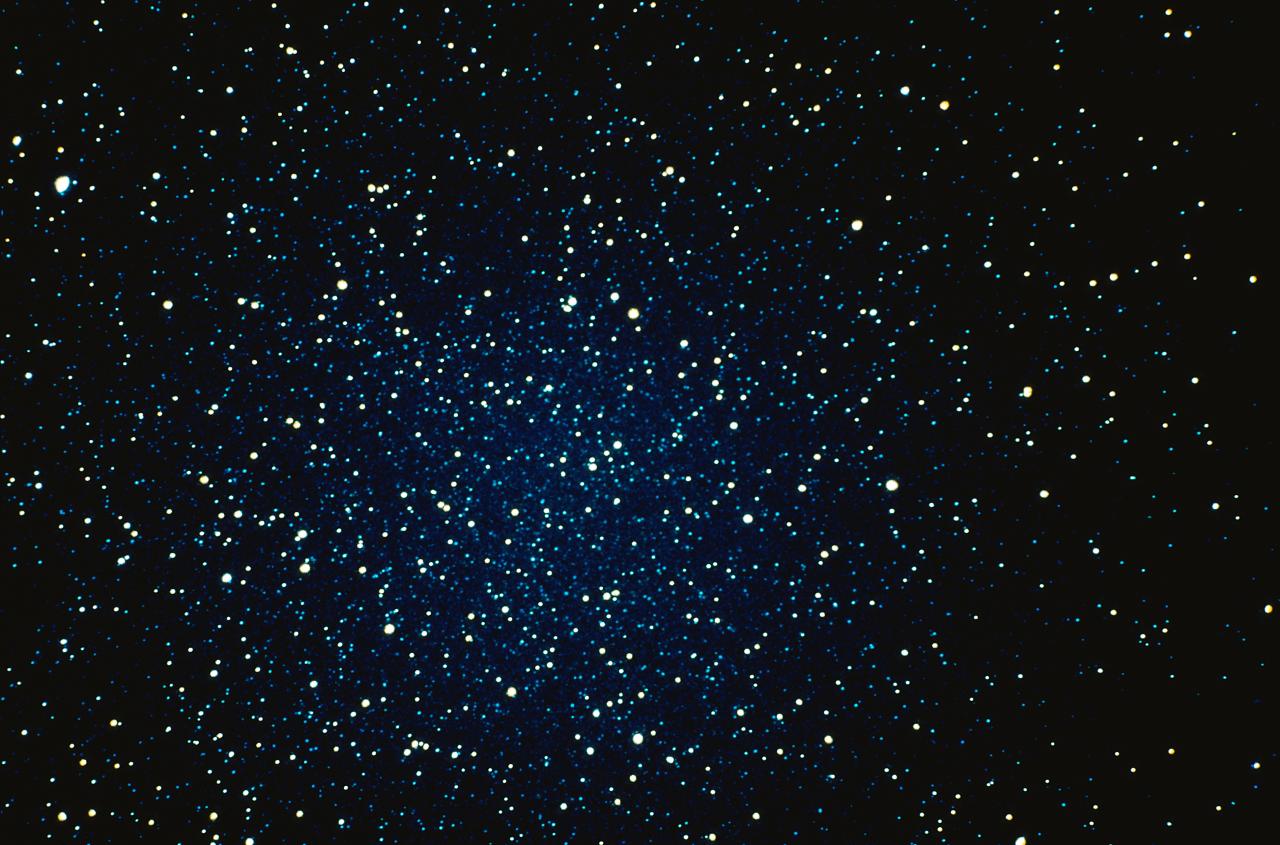
Los Alamos National Laboratory scientists and an international research team have announced discovery of molecular oxygen ions (O2+) in the upper-most atmosphere of Dione, one of the 62 known moons orbiting the ringed planet. The research appeared recently in Geophysical Research Letters and was made possible via instruments aboard NASA's Cassini spacecraft, which was launched in 1997.

Many of the communication tools of today rely on the function of light or, more specifically, on applying information to a light wave. Up until now, studies on electronic and optical devices with materials that are the foundations of modern electronics -- such as radio, TV, and computers -- have generally relied on nonlinear optical effects, producing devices whose bandwidth has been limited to the gigahertz (GHz) frequency region. (Hertz stands for cycles per second of a periodic phenomenon, in this case 1billion cycles).

In the grand scheme of the solar system, Venus and Earth are almost the same distance from the sun. Yet the planets differ dramatically: Venus is some 100 times hotter than Earth and its days more than 200 times longer. The atmosphere on Venus is so thick that the longest any spacecraft has survived on its surface before being crushed is a little over two hours. There's another difference, too. Earth has a magnetic field and Venus does not -- a crucial distinction when assessing the effects of the sun on each planet.

Hopefully commercially available in a year, this new panel will use a supercapacity to store power for a week, and charge your laptop in 2 hours, after 4 hours in the sun.

PV - Forget Avatar, firm touting benefits of cost-effective solar 3-D - Renewable Energy Magazine, at the heart of clean energy journalism

(PhysOrg.com) -- Thanks to the flexible yet robust properties of carbon nanotubes, researchers have previously fabricated transistors that can be rolled, folded, and stretched. Now a team from Japan has made an all-carbon-nanotube transistor that can be crumpled like a piece of paper without degradation of its electrical properties. The new transistor is the most bendable reported to date that doesn’t experience a loss in performance.

Scientists at IBM Research have achieved major advances in quantum computing device performance that they say may accelerate the realization of a practical,

Panorama - ?Renewable energy is the future: nuclear energy is the past,? says Greenpeace - Renewable Energy Magazine, at the heart of clean energy journalism

Homeowners associations are notoriously resistant to solar, often banning roof-top installations that conflict with their aesthetic values. But what if you could install an invisible solar system on your home that no one knows is there?

(PhysOrg.com) -- Oxford University spinoff company, Oxford Nonopore has announced at this year’s Advances in Genome Biology and Technology conference in Florida, two new machines for sequencing genes. Of particular note is the MinION, a machine small enough to fit in the hand which can be plugged into a laptop’s USB port. The other, the GridION, is a larger version that can be stacked to increase processing power. Both rely on a technology known as strand sequencing whereby a nanopore (engineered protein) is used to pull strands of DNA through a hole where a microchip measures minute changes in the electrical current in the membrane around it as individual bases, or pairs are pulled through. Because of the way it is done, much longer sections of DNA can be examined at once, doing away with the need to examine small sections independently and then knitting the results together with a computer afterwards.

(PhysOrg.com) -- The technological world of the 21st century owes a tremendous amount to advances in electrical engineering, specifically, the ability to finely control the flow of electrical charges using increasingly small and complicated circuits. And while those electrical advances continue to race ahead, researchers at the University of Pennsylvania are pushing circuitry forward in a different way, by replacing electricity with light.

Obayashi Corp., headquartered in Tokyo, has unveiled a project to build a space elevator by the year 2050 that would transport passengers to a station 36,000

For the first time, buckyballs have been discovered in the cosmos in a solid form in the vicinity of a binary star system 6,500 light-years away.

Alternative Energy and Fuel News